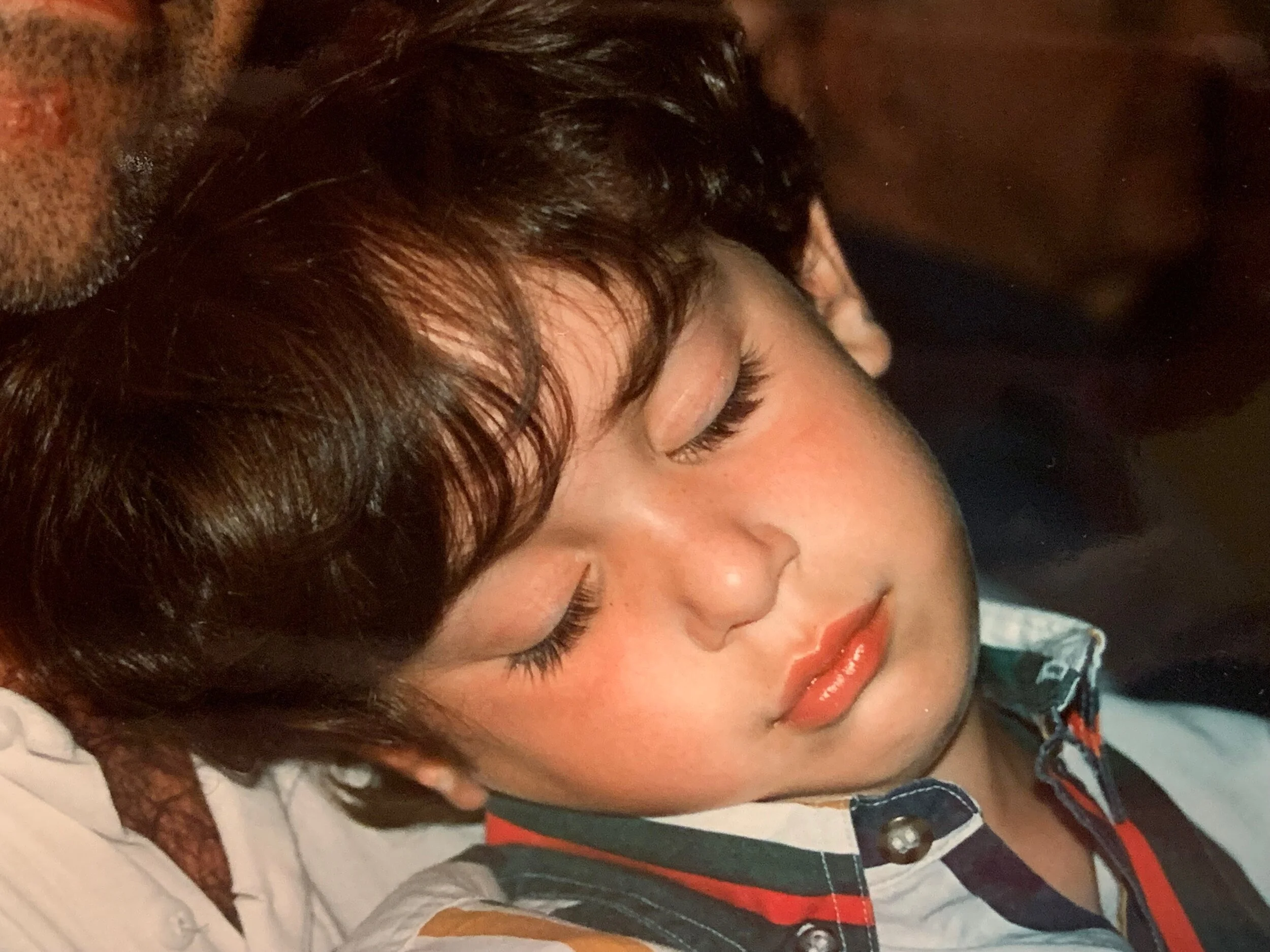Can You Hear Me Now?
Can You Hear Me Now? is a memoir about my battle to save my son from the grip of mental illness and addiction.
For years, I knew Noah grappled with daily details of life that most people took for granted. I had seen how, multiple times a day, his body became a vessel for crushing emotion that consumed and exhausted him. And how, when the emotion became too much, he flooded. Exploded. Noah lived in extremes. It was all up or down, glee or sinking despair. Doctors diagnosed learning disabilities and ADHD. Depression and anxiety. But none of those diagnoses explained the constant anger and irritability. Noah’s hurdling mood swings.
My memoir tells the story of my fierce and unconditional love for my son as we careened from one crisis to another, white-knuckled and barely hanging on, in a wild search for answers. Of my mind-numbing exhaustion and overwhelming feelings of helplessness and sorrow as I held my sobbing son in my arms when he was too sad to go on.
From the school system to a residential drug rehabilitation program, from college to jail cells, and from a psychiatric unit to becoming a father, Can You Hear Me Now? recounts my unwavering fight for Noah. I fought for understanding and empathy instead of punishment, for a meaningful diagnosis and effective treatment, for Noah’s self-esteem and education, for fairness, for his physical and mental wellbeing, his freedom and safety, and his happiness. In telling my story, I strip bare my parenting decisions and probe my motivations. I examine my fears and regrets. What I did right and didn’t do right. And, finally, I look at how my parenting decisions may have impacted the trajectory of Noah’s life.










Many people ask me why I wrote Can You Hear Me Now?
I felt compelled to write the story of my life as Noah’s mother to raise awareness about the challenges of raising children living with mental illness. Approximately 16.5 percent of U.S. children have at least one mental health disorder, leaving millions of parents struggling to help their children.
In a country devastated by opioid deaths and mass shootings committed by mentally ill individuals, I wanted to share from a mother’s perspective the complexities of raising a child with dual diagnoses, the desperate loneliness of this journey due to misunderstanding, blame, and stigma; a gun culture that places weapons in the hands of our ill children; and my experience with our deeply flawed health care and criminal justice systems, unprepared to respond to mental health crises.
I hope my story will cultivate understanding and empathy not only for our children who are living with mental illness, but for their parents and other family members. If Noah had known how to stop feeling so sad, he would have done so. Had he known how to harness the anger and rage that sometimes consumed him, causing him to lose jobs and friends, get arrested, and scare people, he would have done that too.
I want my memoir to drive home an appreciation that mental illness and addiction are diseases no one ever chooses. They are no one’s fault. If we can learn to embrace an understanding of mental illness as illness affecting the brain rather than the heart, kidney, or lung, perhaps we someday will eliminate the stigma that discourages disclosure and treatment, develop parity between available treatment and services for mental and physical illness, and ease the terrible strain on patients and families living with mental illness.
